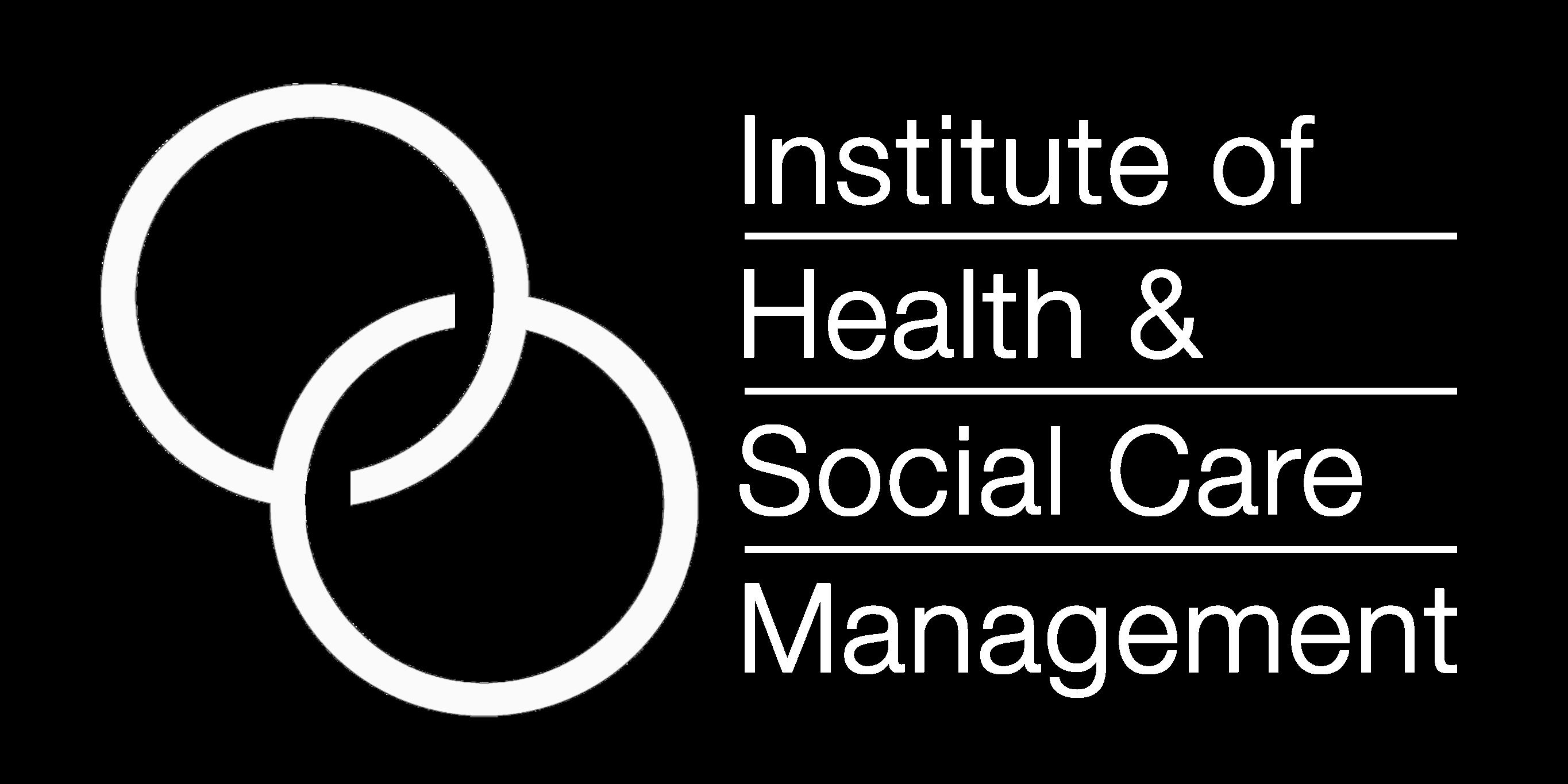
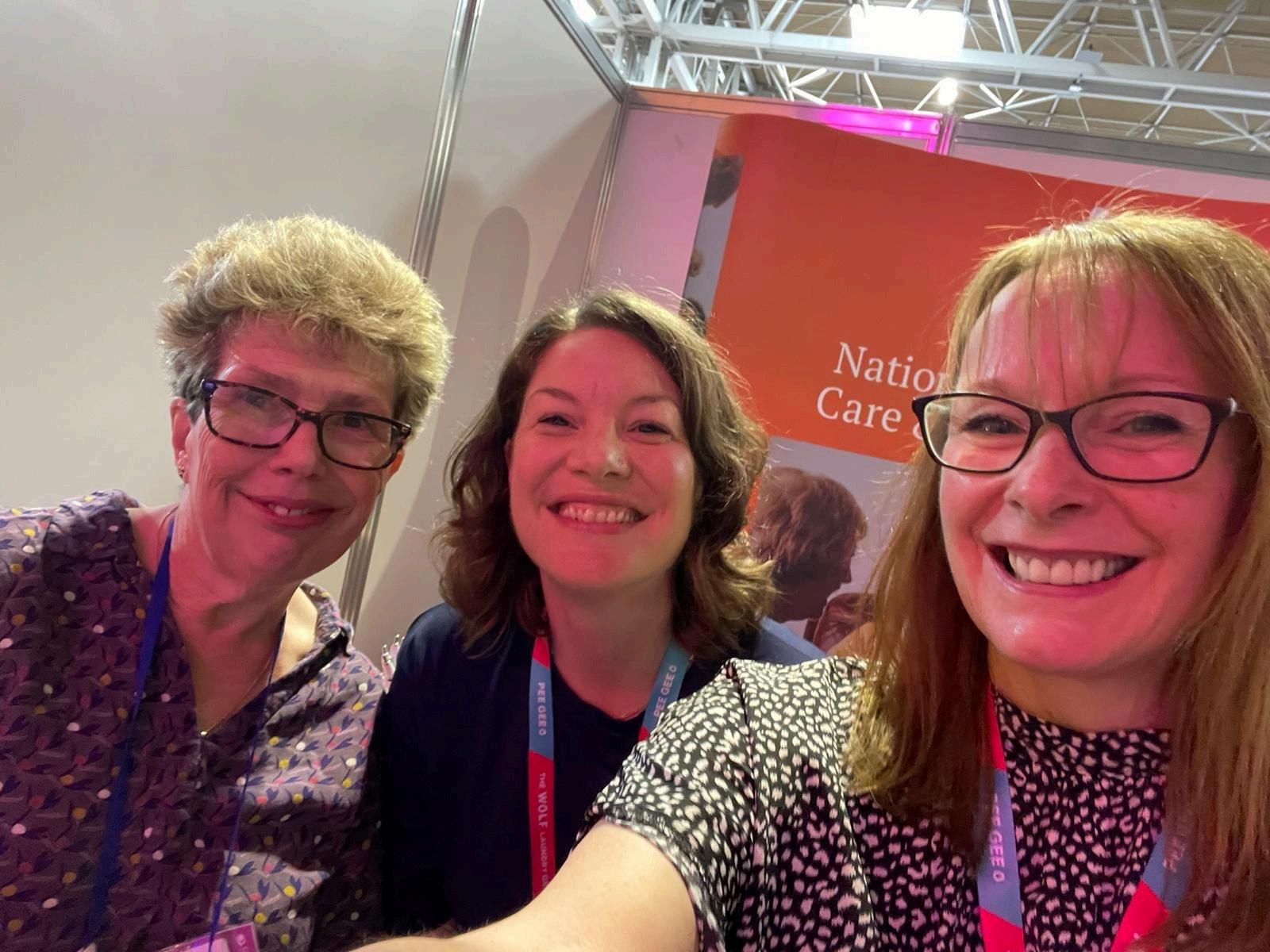

Industry Based Engagement Programme





Industry Based Engagement Programme

Discover what it takes to work in Health and Social Care Management.
Speakers excelling in Health & Social Care Management
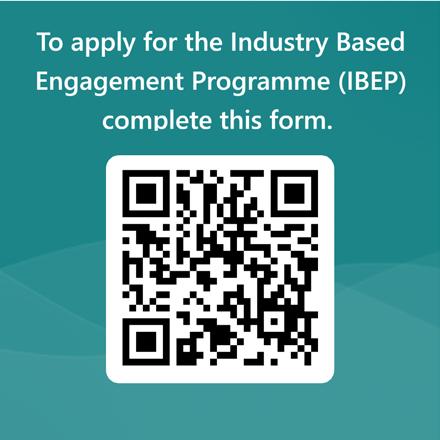
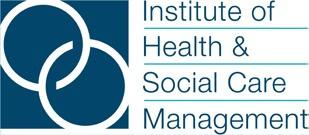
Q&A with industry professionals th Scan to join the
12:00 BST - Tuesday 8 July 2025




Women in Leadership: A Trauma-Informed Approach Editorial (Florence)
International Women’s Day Talks (Morning Sessions)
Breaking Barriers: A Journey of Resilience and Leadership
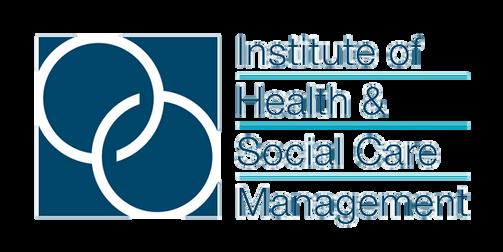
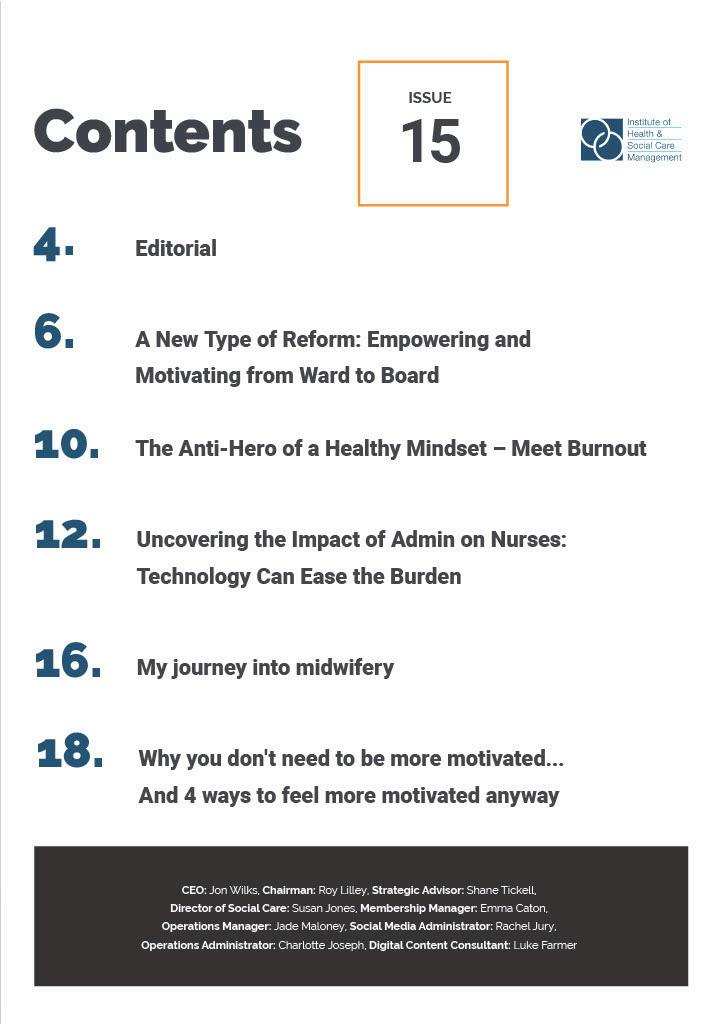
International Women’s Day Talks (Afternoon Sessions)
Care
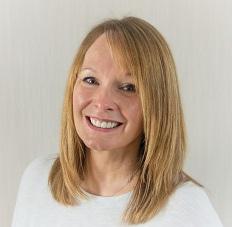
Welcome to this special editorial in celebration of International Women’s day.
My dear Gran, Florence, was born on 12th March, 1911. She was one of five girls. There is nothing really amazing or remarkable about her story other than her values were strongly imprinted in me. She believed in fairness, family and kindness. She also gave the best hugs in the world, which I always welcomed and tried to reciprocate with the same amount of gusto.
When I was old enough to vote I remember having a conversation with my Gran around there being little point in voting. I wasn’t enamoured with any political party at the time (not much has changed!). She said in a very kind but firm way. “It doesn’t matter who you vote for, but you must vote because so many women lost their lives to give you the chance to be able to do so”. She would have been 17 in 1928, when women over the age of 21 were finally allowed to vote. I wish I could have heard the conversations in their household with the 5 sisters and their Mum, when this occurred.
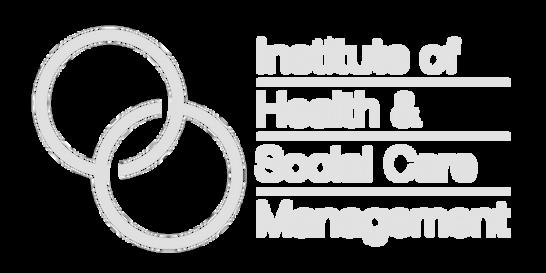
D I T O R I A L
International Women’s day is of course about celebrating women but the main goal is around fairness, equality and equity for all women.
When my gran started work, she was 14. Her dad got her a job in a factory mill in Cheadle so she left school earlier. She told me she had to walk to work down a lane in the morning when it was dark and she used to be frightened. She learnt to whistle like a man to ward off any potential attackers.
When I started working in the 80's, it was a very different world. Being born in the 60's, my biases from that time, are still present, when I hear the word ‘doctor’ or ‘dentist’, I still catch myself and acknowledge that the first image I see is male, despite being to many female doctors and dentists. Likewise, when I hear the word ’nurse’, my first image is of a female.
The point I’m making is this change is slow and takes generations to change which means there is still much more work to do.
If there is to be a world where women are truly represented in society then they need to be a position of effecting change in terms of policy making. There is good news on this front. UK now has 40 per cent of female MP’s (up from 33.8%) that are representing their constituents up and down the country.
If we look at policies that need to change, areas such as women’s health, parental responsibilities and the many women facing domestic abuse or imbalance of power in the home will need to be prioritised. Only when these issues are addressed will we truly see a fairer society for women.
Empowering more women into leadership roles within health and social care is something that we at the IHSCM will continue to encourage and support. We have a full programme for all our aspiring women leaders.
For now though, I leave you to digest the amazing articles that have been written by our members in celebration of the fantastic women you are.
Sue Jones Director of Social Care
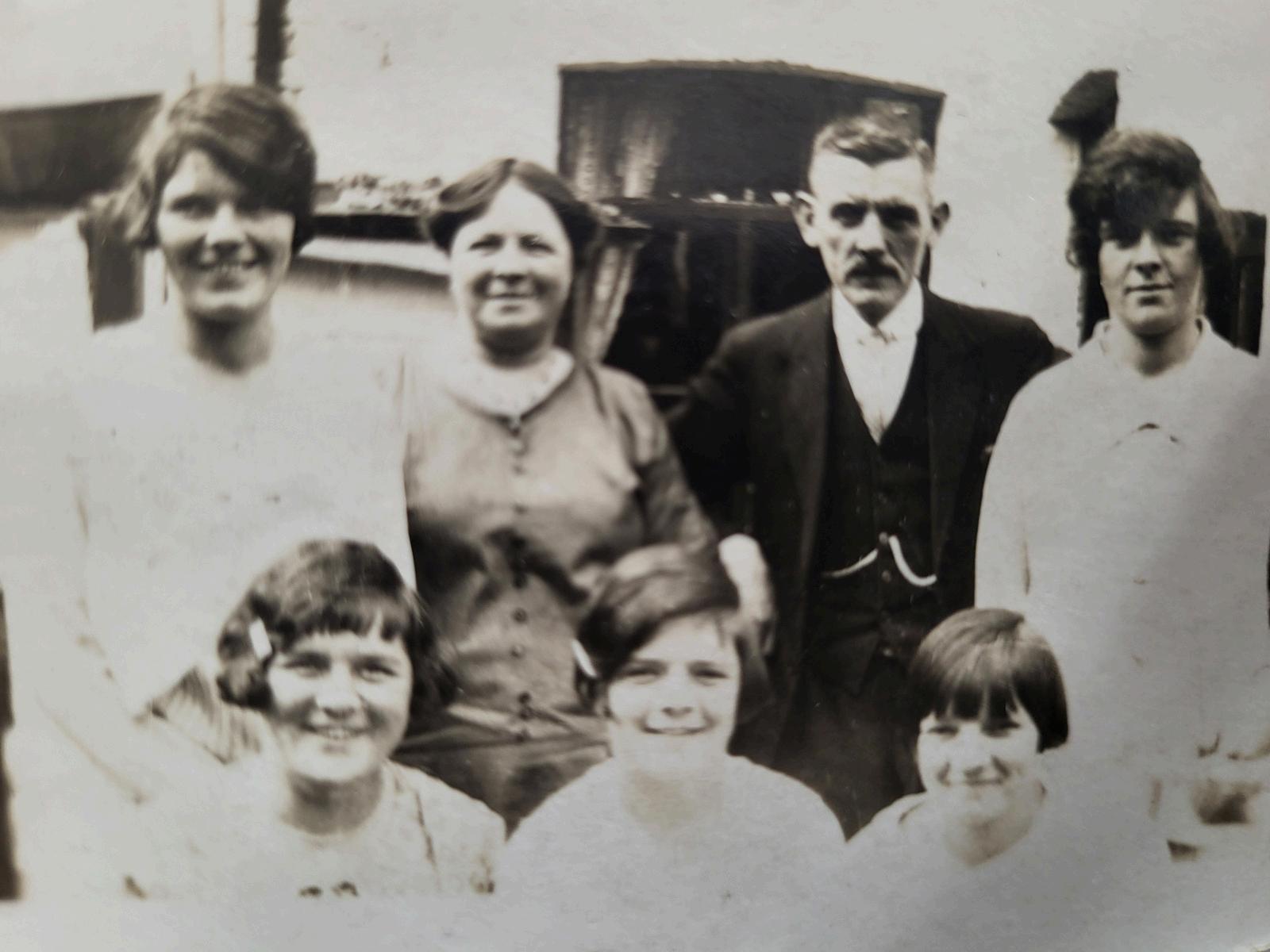


Discover how embracing digital transformation, forging strategic cross-sector partnerships, changing the narrative, and rethinking community engagement can breathe new life into the high street.
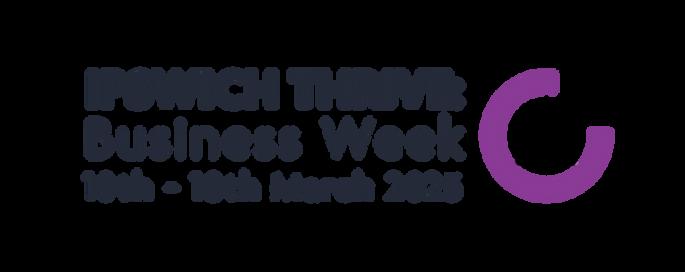

THURSDAY 13TH MARCH
9.30 AM TO 12 PM

Strategic Partnerships & Revenue Growth
Unlock new opportunities by collaborating with local authorities, academic institutions and private-sector advertisers to drive investment, engagement, and long-term revenue streams.

Digital Innovation & Community Engagement

This event will equip councils and business owners with the tools and insights to revitalise their local economies, enhance visibility, and create thriving, connected communities An Innovation Showcase will follow the event from 12.30 pm to 2 pm.
Networking with new and known peers
Lightning Talks by industry thought leaders Asks and Offers Workshop
Interactive Pop-Up Immersive Experience hosted at the Buttermarket Shopping Centre
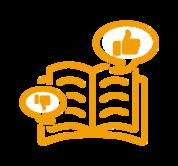
Embrace AI-driven voice surveys and digital streetware to create accessible, data-driven, inclusive public engagement strategies that strengthen relationships with citizens and businesses
Reframing the High Street Narrative
Shift the conversation from decline to opportunity, using positive storytelling to boost confidence, attract investment, and revitalise high streets
Public Sector: Council leaders and Officers from Economic Development Planning Strategy & Communications Community & Customer Engagement
Private Sector: Local independent business owners Nationwide businesses
Landlords & Property Agents
Town Centre Stakeholders

Leadership is often framed as a journey of resilience, ambition, and success. However, for many women— particularly those from underrepresented backgrounds—the path is shaped by systemic barriers, discrimination, and personal challenges. Workplace bias, career stagnation due to caregiving responsibilities, the impact of menopause, and navigating leadership as a neurodivergent individual are all realities that women continue to face.
A trauma-informed approach to leadership and professional development recognises that psychological safety, accessibility, and equity are not optional; they are essential. Women shouldn’t have to “push through” or “prove themselves” in environments that were never designed with them in mind. Instead, we must actively reshape leadership cultures to be inclusive, transparent, and safe for all.

Maya Angelou once said, “People will forget what you said, people will forget what you did, but people will never forget how you made them feel.”
This is especially true in leadership. Women in leadership roles have a responsibility to lift others up—not pull the ladder up behind them. The true test of leadership is not how many barriers you overcome alone but how many you break down for those who follow.
With 25 years of experience across Criminal Justice, Local Authority, Mental Health, and NHS systems, including a decade in the NHS and five years as an Operational Director, I have seen how small, intentional changes can create lasting impact.
Nicki Bramford Founder AUXOLOGY - Transformation Change
One of my most meaningful leadership experiences was establishing and chairing the first Women’s Staff Network in an NHS Trust. What started as a platform for peer support evolved into a strategic force for change, leading to:
Mentoring and coaching initiatives designed to break down leadership barriers for women at all levels.
Women’s health and well-being initiatives, ensuring that the workplace recognised and supported key health challenges faced by women—including menopause, reproductive health, and menstrual dignity.
The launch of menopause advocacy programmes, positioning the Trust as a nationally recognised Menopause Friendly Employer and setting a precedent for other NHS organisations.
Neurodivergent leadership development and recruitment reform, ensuring accessible hiring processes, clear progression pathways, and inclusive work environments.
Psychological safety and traumainformed leadership training, fostering cultures where women could share experiences and drive meaningful organisational change.
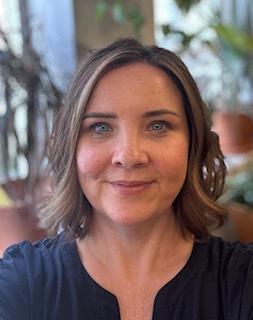
These initiatives didn’t just support individuals—they transformed the organisation, demonstrating that when workplaces centre women’s lived experiences, they become stronger, more inclusive, and more effective.
As women leaders, we have a responsibility to actively create pathways for others. Leadership is not about personal success alone—it’s about who we bring with us.
Do we create opportunities for women in the workplace—or unintentionally gatekeep access?
Do we lead with empathy, recognising the different barriers women face?
Do we prioritise psychological safety and well-being, ensuring that leadership is sustainable—not just survivable?
The measure of great leadership is not just how far you go, but how many others you empower along the way.

As we celebrate International Women’s Day, we must reflect on the leadership environments we are shaping:
Are they genuinely inclusive?
Do they prioritise psychological safety and well-being?
Are recruitment and leadership pathways truly accessible for all women—including those who are neurodivergent, disabled, or balancing caregiving responsibilities?
Do they recognise intersectionality, ensuring that women of all backgrounds—across race, disability, age, and socio-economic status—have equitable opportunities to lead?
True leadership isn’t just about who holds senior positions—it’s about who feels safe, valued, and empowered to step forward.
By embedding mentorship, traumainformed leadership, and accessible recruitment practices, we can ensure that women don’t just survive in leadership spaces—they thrive.
Now is the time to challenge outdated models, dismantle systemic barriers, and build leadership cultures where all women are seen, heard, and supported to lead.
Having worked across Criminal Justice, Local Authority, Mental Health, and NHS systems for 25 years, including a decade in the NHS and five years as an Operational Director, I’ve seen first-hand how small but intentional changes can create lasting impact. My article reflects on those experiences, the power of mentoring, inclusive leadership, and psychological safety, and the role of women in lifting others up rather than pulling the ladder up behind them.
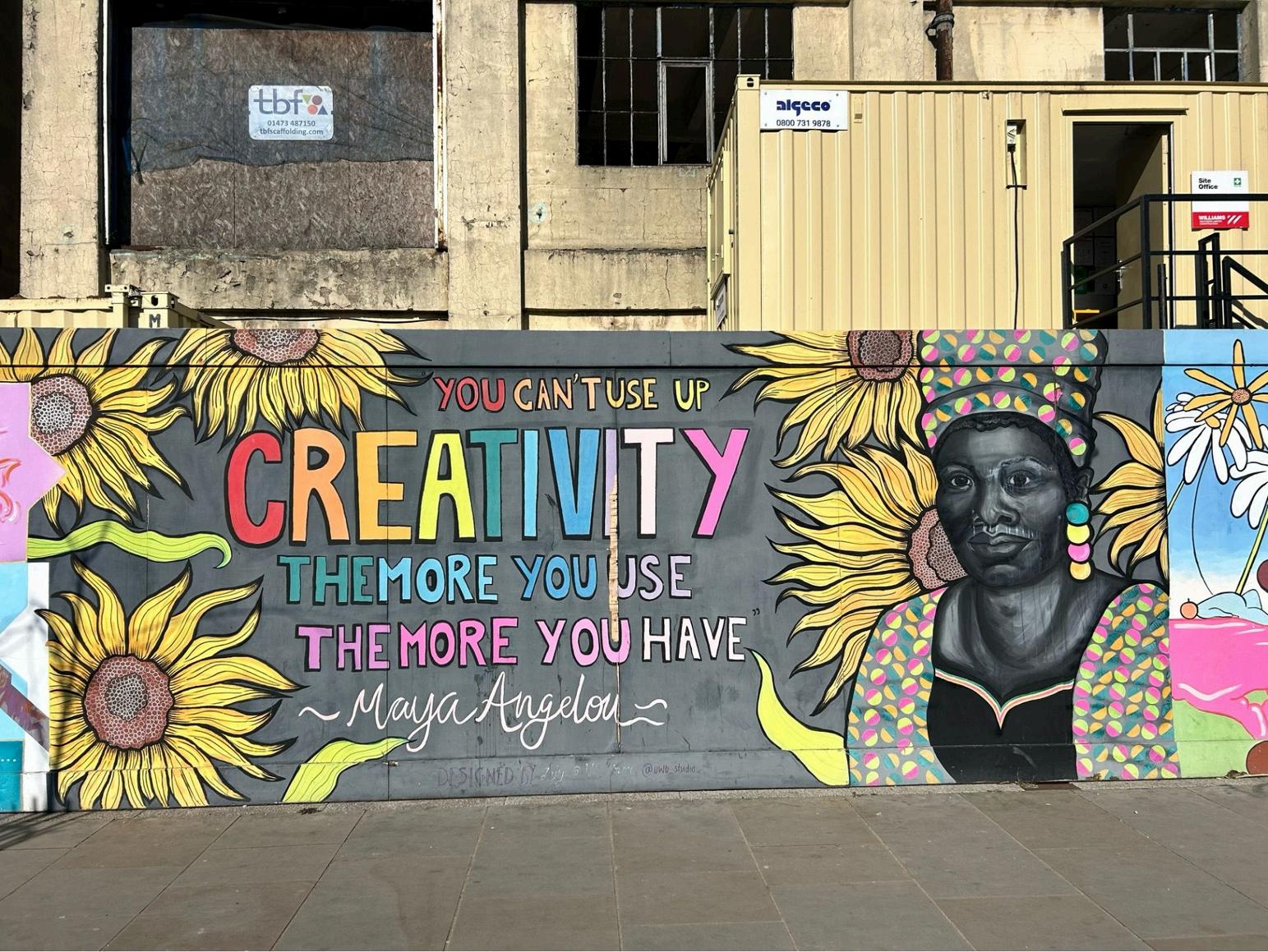

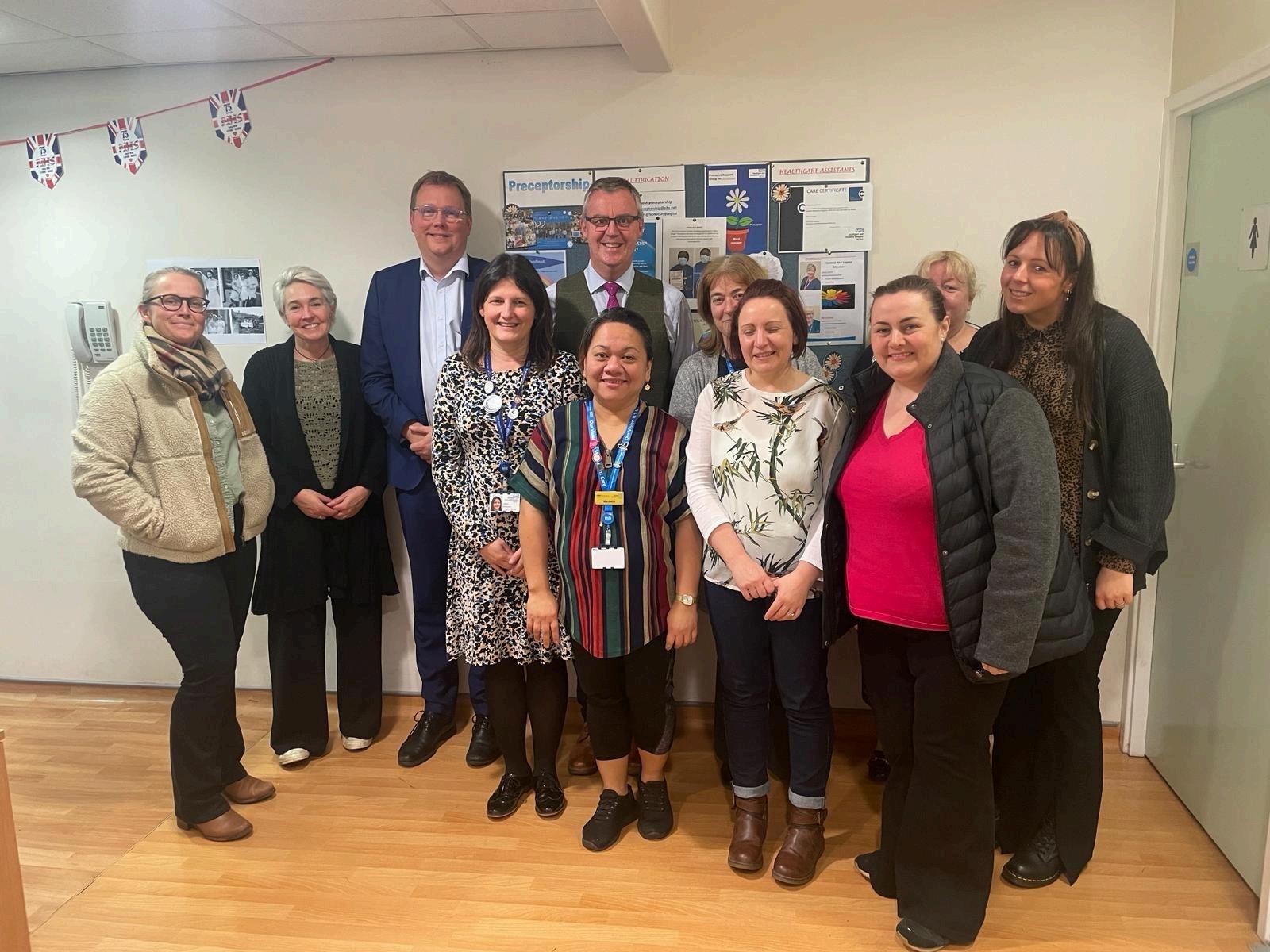
© Institute of Health and Social Care Management
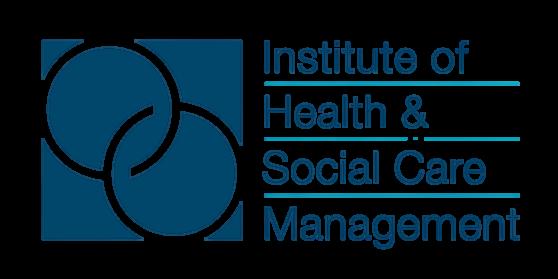

TheDOSEEffect
SueJonesMIHSCM
TheDOSEeffect(Dopamine,Oxytocin, SerotoninandEndorphines) Suewill discusswhatitislikelivingintheworld todayasawomanandunderstandingwhy wecanfeeloverwhelmedandsomereally usefulstrategiestocope.

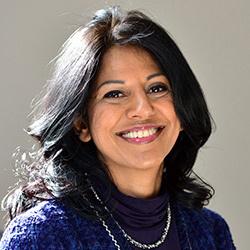
DrDaghniRajasingam FISHCM
Daghni isDeputyChiefMedicalOfficeratGuy’sand StThomas’HospitalFoundationTrust(GSTT)andthe MedicalDirectorforSecondaryCareTransformation atNHSEnglandSouth-East Herworkfocuseson drivingresearch,supportinginnovations,and implementingstrategicpolicyrecommendationsto createsustainablechange
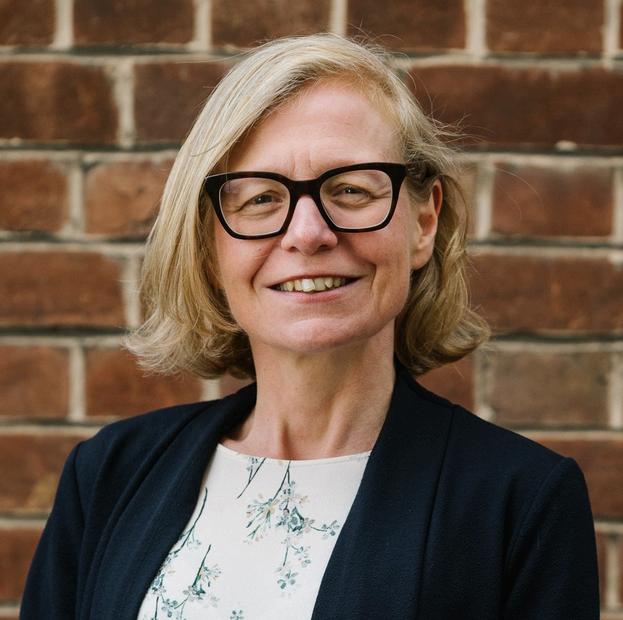

DrClaireMouldFISHCM
Thissessionwilloutlinehowdespite theirsimilarities,equity&equalityare inherentlydifferentconcepts.We’ll discusswhyequalopportunitiesare nolonger‘enough’. EqualityVs.Equity


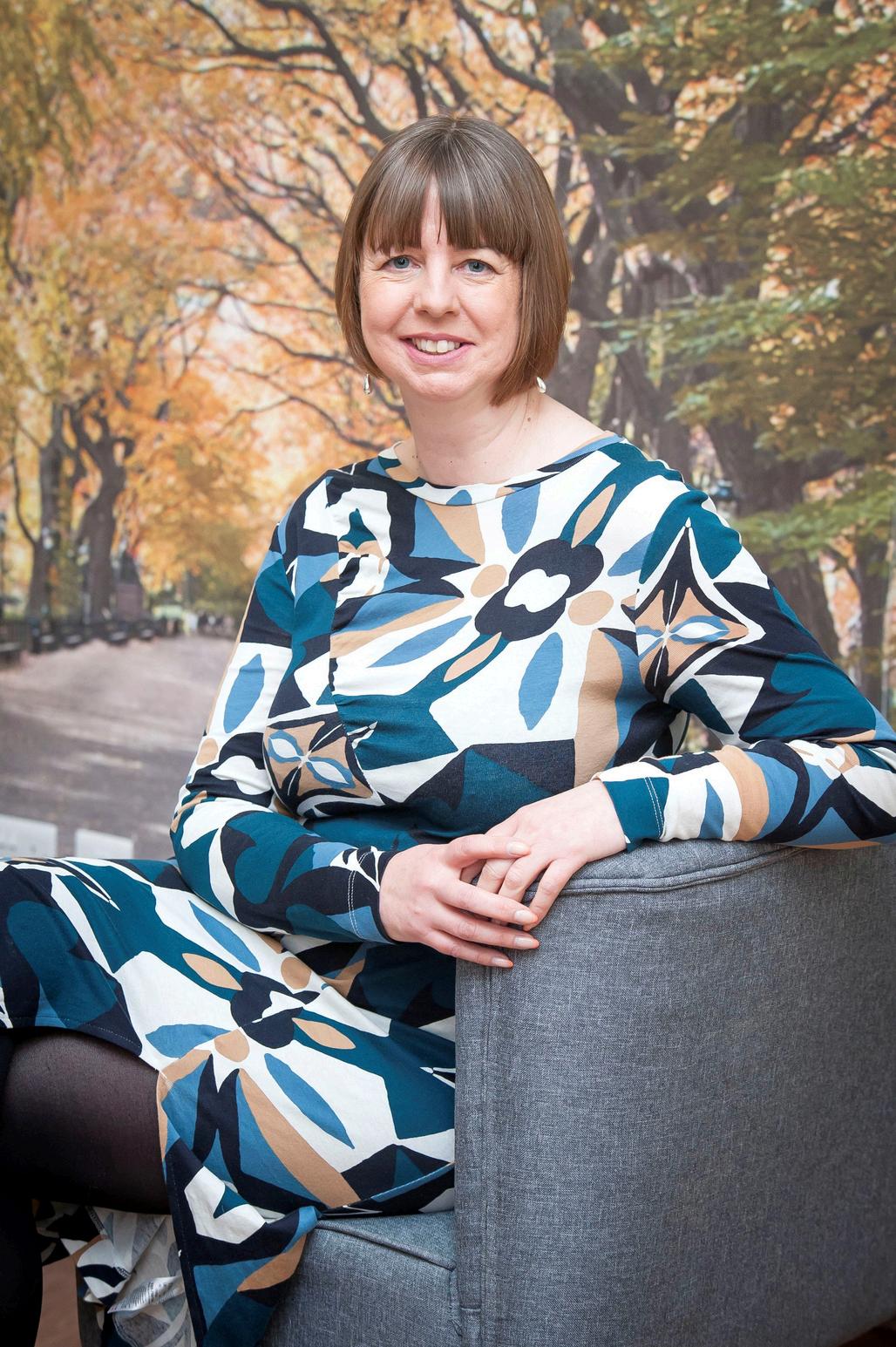
9WhenYouThinkIt, YouBecomeIt
SarahWilson
Sarahwillbetalkingaboutthe powerofthoughtsandwhatthey cancreate,helpingyoutoraiseyour ownselfawarenessandreallythink aboutwhoyouarecreating
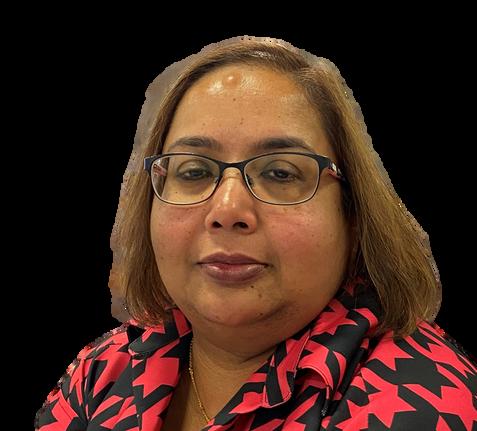

SumaJohn
Iwillspeakaboutmytrialsand tribulationsasawomanfromthe globalmajority,howIstruggledto reachwhereIam,andhow rewardingitistoclimbeachstep.
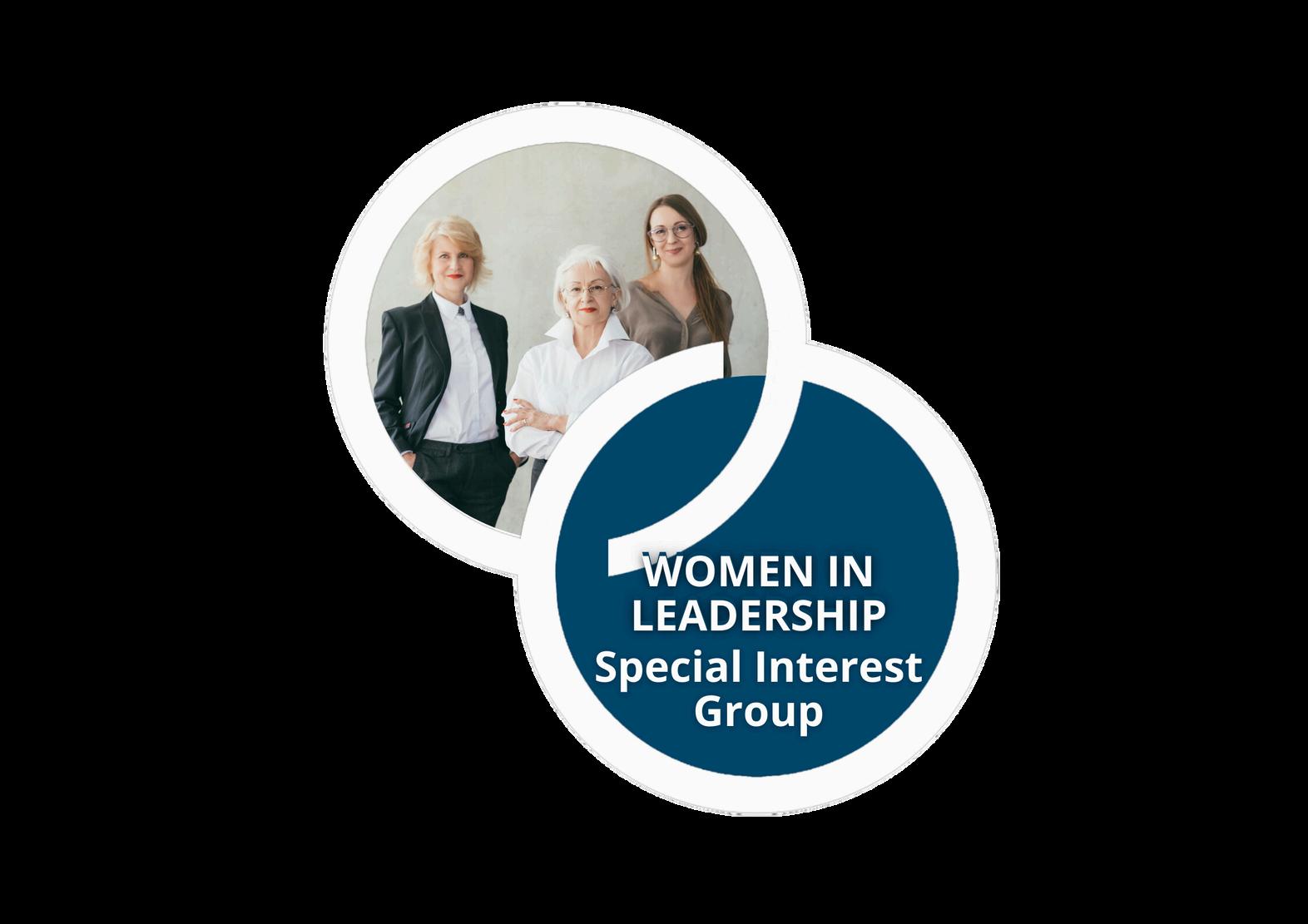
It is truly an honour to stand before you today to celebrate International Women’s Day—a day that recognises the strength, resilience, and achievements of women across the world. But more importantly, it is a day to reflect on the barriers we continue to face and the battles we still have to fight.
I am Suma, a nurse leader with over 25 years in healthcare, currently seconded as a Clinical Leadership Fellow in Welsh Government and serving as a Board Member for the Royal College of Nursing.
My journey has been one of resilience, determination, and the refusal to accept limitations placed upon me— whether by society, culture, or the workplace. But like many women, particularly ethnic minority women, my path has not been easy.
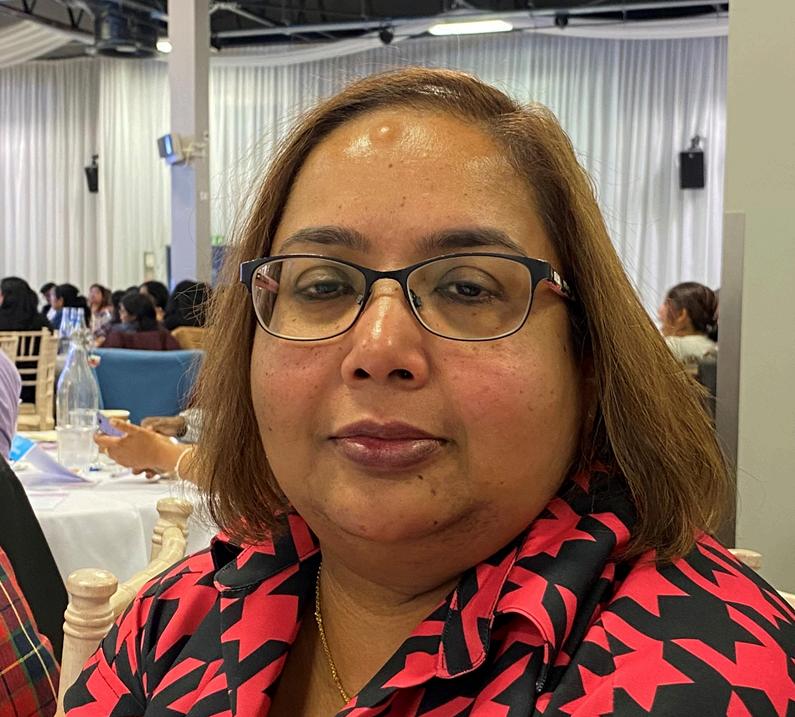
My journey
I was born and raised in India, where I lived until I was 27 years old. In the world I knew, men made the decisions, and women were expected to follow. Independence, career aspirations, and personal choices were often dictated by tradition and societal expectations.
But from an early age, I knew that I wanted more. I wanted to make my own choices, to define my own path, and to create a life that was truly mine. Two decisions in particular defined my fight for independence:
2.
Choosing my own life partner—a decision that, even today, is not always in a woman’s hands in many parts of India.
1. Keeping my maiden name after marriage—something considered almost revolutionary in my culture.
Suma John Ward Manager, Cardiff and Vale UHB and Welsh Clinical Leadership Trainee Fellow for the Welsh Government.

For many, marriage meant taking on a new identity—one defined by their husband’s name. But for me, my name was my identity, my achievements, and my history. It was a symbol of everything I had worked for, and I refused to give it up, even when it meant facing resistance and judgment.
That experience taught me the power of standing firm in my choices. But I soon learned that the fight for independence was not just personal—it was professional too.
In 2002, I moved to the UK, full of hope and ambition. I believed this was where I could finally thrive, build a career, and find true independence. But I quickly learned that while the setting had changed, the challenges had not.
As an ethnic minority woman with dyslexia, I faced an uphill battle. I was overlooked, underestimated, and had to work twice as hard to be recognized. I entered healthcare leadership, only to realize that women— especially those from diverse backgrounds —were constantly having to prove themselves.
In that moment, I had two choices: Accept the status quo. Or challenge it.
“I chose to challenge it.”
Through education, mentorship, and sheer determination, I pushed forward. I became a Ward Manager, then moved into national leadership, and today, I am part of the Welsh Government, leading on projects to support other healthcare leaders. But beyond personal success, my mission has always been to uplift others— because leadership isn’t about titles,
“it’s about impact.”
Nursing is a profession dominated by women, yet leadership tables don’t always reflect that.
Women bring compassion, resilience, and innovation to healthcare. But we still see fewer women in senior decision-making roles, and even fewer from diverse backgrounds. We must change that—not just for ourselves, but for the next generation of women.
We need mentorship programs that support women in their leadership journeys.
We need inclusive spaces where every woman— regardless of background—feels empowered to lead.
We need to challenge policies that hold women back, whether through gender bias, unequal pay, or lack of support for issues like menopause

Diversity in leadership is not just about representation—it is about better decision-making, stronger teams, and a healthcare system that truly reflects the communities it serves.
“Leadership must not be reserved for a select few—it must be accessible, inclusive, and representative of all the voices in our profession.”
The Hidden Struggle – Menopause and Women’s Health
We fight hard for our careers, but no one prepares us for the impact of menopause. As I enter my fifties, I have felt yet another barrier added to my journey.
Menopause affects confidence, memory, energy levels, and emotional well-being—yet it is still a taboo topic, even in healthcare.
Many women suffer in silence because they fear being seen as weak or incapable. But this is not a weakness—it is a natural part of life.
We need:
Better awareness—so women don’t feel isolated or ashamed. Stronger workplace policies—so women don’t have to choose between their health and their careers.
Supportive leadership—because no woman should feel like she has to hide what she’s going through.
“I want every woman out there to know that you are not alone. Your struggles are real, and you deserve support.”
Call to Action – Lifting Each Other Up
Despite all these challenges, I am still here. I still have energy, passion, and purpose. And I know that many women out there—whether they are battling gender biases, cultural expectations, health challenges, or self-doubt—feel discouraged.
To those women, I say: Keep going—do not let society dictate your worth. Never underestimate your own power—the barriers we break today will make it easier for the women who come after us.

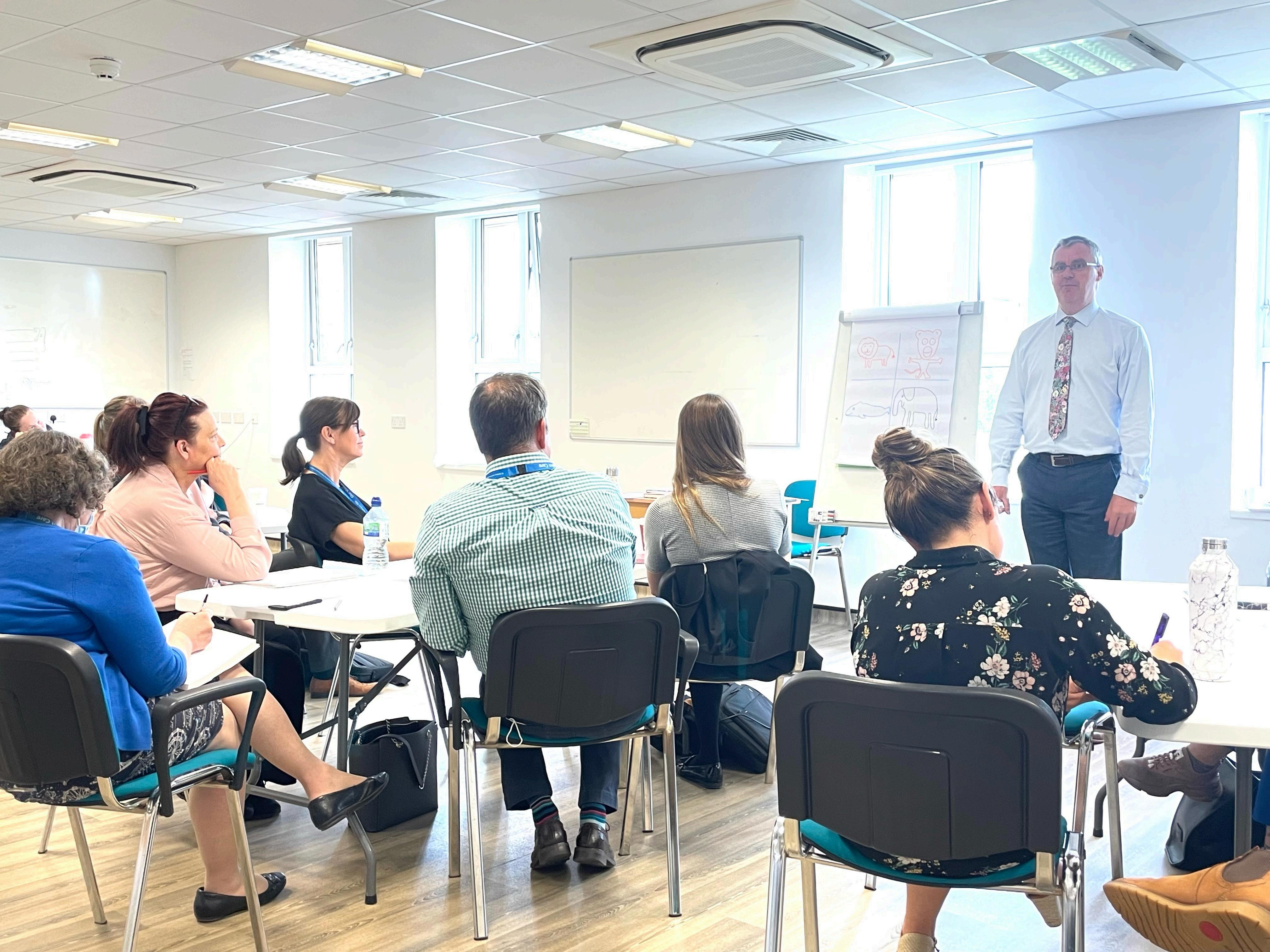


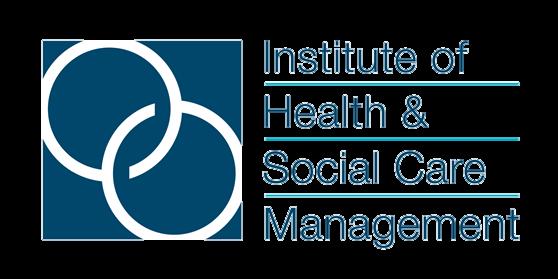

Afemaleleadership
journeyinsocialcare
HayleyRobertshaw
HayleyRobertshawwilltalkabouther leadershipjourney Shewillgothroughhow shebeganworkinginsocialcare,theups, thedownsandthelessonsshehaslearned. Forallaspiringleadersoutthere,this sessionisnottobemissed
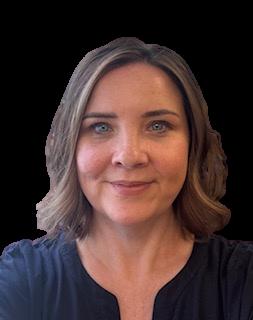
LeadingThrough
Complexity
NickiBramford
Exploretheuniquechallengesandopportunities forwomenleadingincomplexsystems Identify keyleadershipskillsneededtonavigate uncertainty,influencechange,andfosterinclusive cultures Attainpracticalstrategiesforbalancing organisationalexcellencewithworkforcewellbeingandinnovation

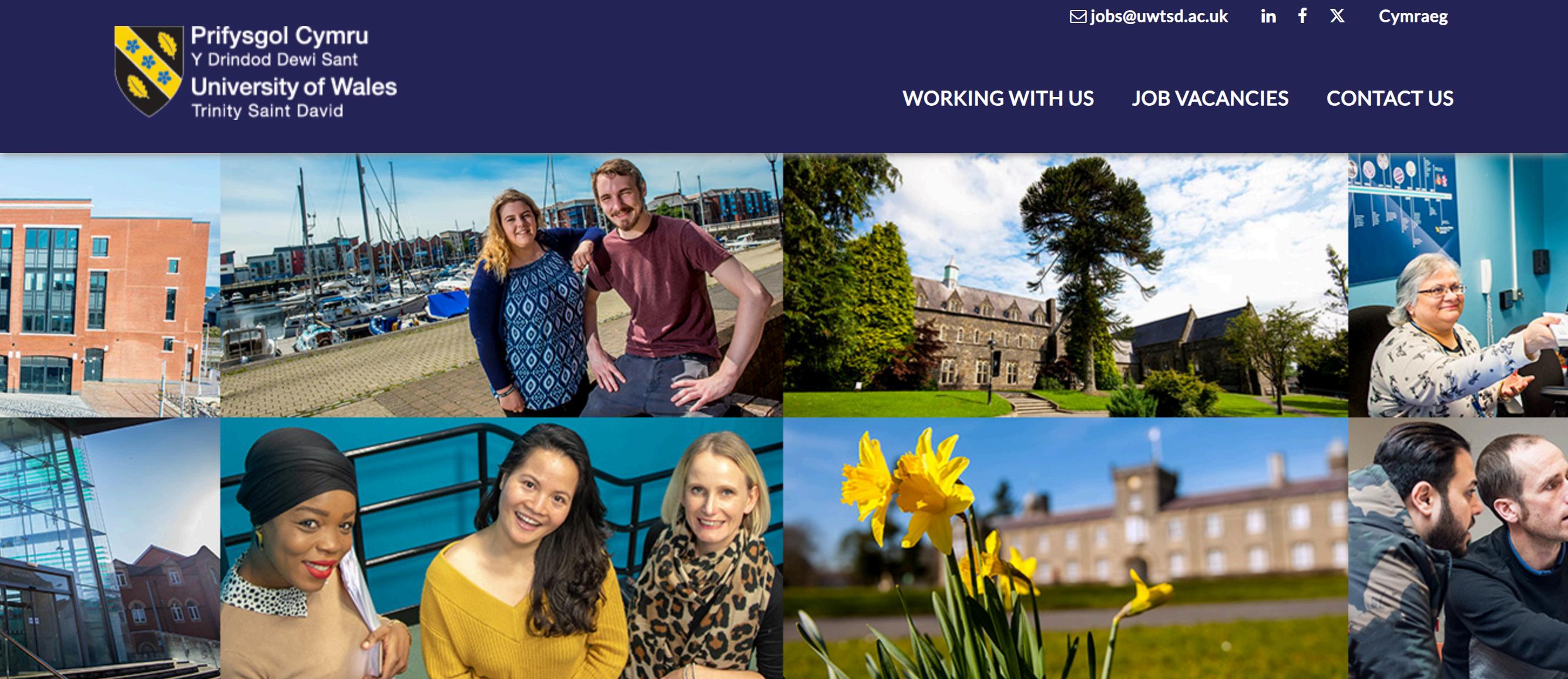
Hourly Paid Lecturer in Health and Social Care
Vacancy Ref: 51496
Location London Salary
£41.92 per hour plus a holiday entitlement of 18.03%
Part Time
Fixed Term Contract
Flexible Hours Of Work
Closing date: Tuesday 25th March 2025, at 11:59pm.
details
The Institute of Inner City Learning (IICL) is one of the University of Wales Trinity Saint David’s four Institutes with campuses in Birmingham and London.
The IICL has multiple intakes per annum, delivers continuous learning, teaching and recruitment cycles and operates in an intensely competitive inner-city and multicultural HE environment The Institute currently has approx. 4,000 non-residential students on Certificates of Higher Education, Honours degrees, Masters and Doctoral programmes, some of which are also taught at weekends
We welcome applicants with immediate availability to support the campus.

